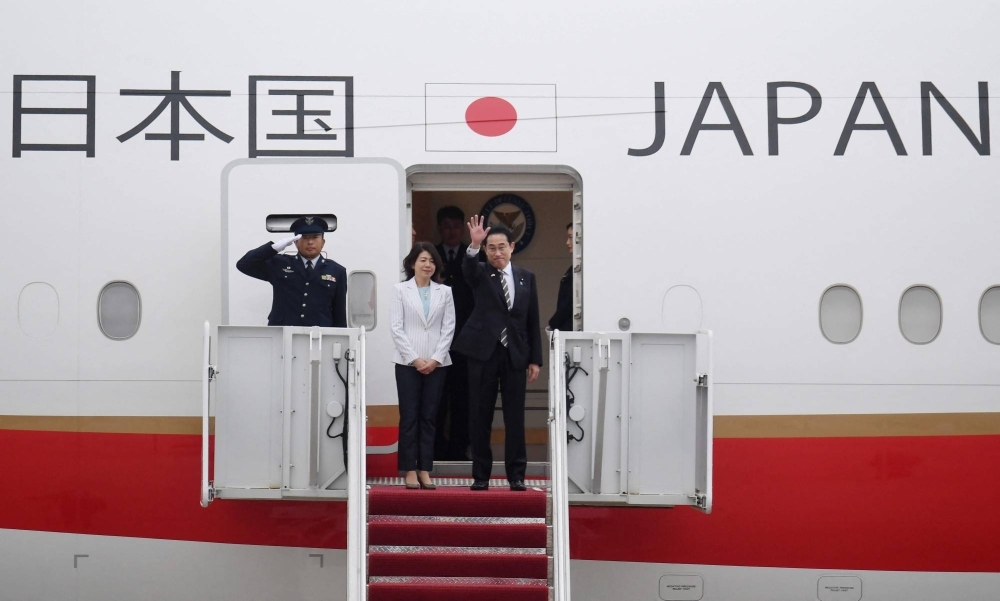Prime Minister Fumio Kishida’s summit this week with U.S. President Joe Biden in Washington has taken Japan-U.S. relations to a new level. The meeting inaugurates a "new era” in the bilateral partnership, one that signals a transformation of Japan’s role in the region and the world.
While this is to be welcomed, it imposes new responsibilities on this country. Japan will assume an enhanced role in regional security affairs and those burdens will not come lightly. Not only will defense budgets grow as demands increase from other national priorities, but Japan also risks involvement in crises that could expand into conflict. That must not deter us from stepping up but it does demand an honest conversation between the government and the public on the possible consequences.
Expectations for this meeting have been high and the resulting United States-Japan Joint Leaders’ Statement — titled “Global Partners for the Future” — did not disappoint. Long allies, Japan and the United States are now aligning strategies and policies in unprecedented ways. This transition reflects years of preparation, a process that began well before Kishida took office and one that he has maintained despite doubts about his own preferences and priorities.



